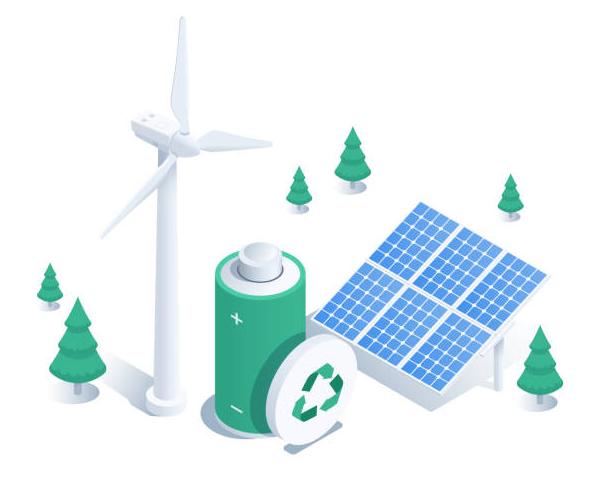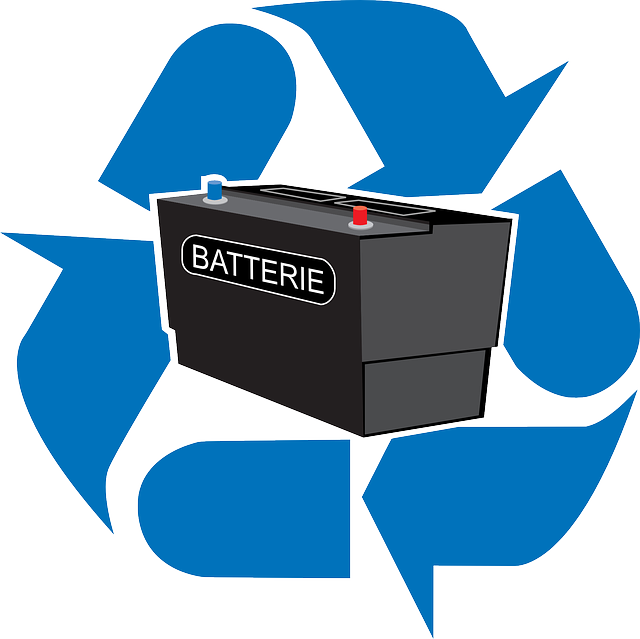Lead-acid batteries have long been an integral part of various industries, from automotive to industrial applications. However, as concerns about environmental sustainability continue to grow, the need for efficient and eco-friendly battery recycling solutions has become increasingly prominent. In this article, we explore sustainable lead-acid battery recycling practices that prioritize environmental stewardship while maximizing resource recovery.
The importance and challenges of battery recycling
Lead-acid batteries contain hazardous materials such as lead and sulfuric acid, making proper disposal essential to prevent environmental contamination and human health risks. Recycling lead-acid batteries offers several significant benefits, including the recovery of valuable materials, such as lead, plastic, and electrolyte, and the reduction of the environmental impact associated with battery production and disposal. Additionally, lead-acid battery recycling conserves natural resources and helps mitigate the demand for virgin materials.

Despite the benefits of lead-acid battery recycling, several challenges hinder the widespread adoption of sustainable recycling practices. These challenges include inadequate collection infrastructure, improper handling and disposal of spent batteries, and limited awareness among consumers about the importance of recycling. Additionally, the recycling process itself can be complex and costly, requiring specialized equipment and expertise to ensure proper material recovery and environmental compliance.


